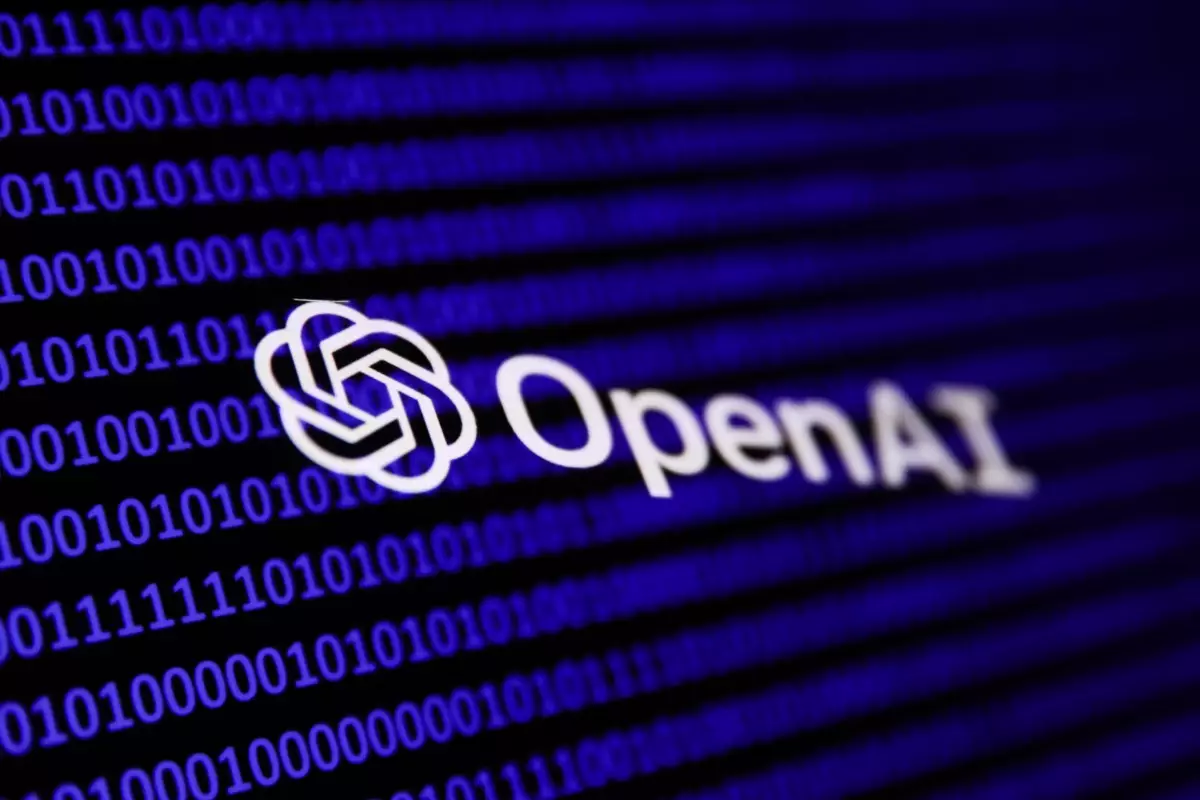The sudden death of Suchir Balaji, a former artificial intelligence researcher at OpenAI, has ignited conversations surrounding the ethical responsibilities tech firms have concerning copyright and mental health. Balaji, just 26 years old, was found deceased in his San Francisco apartment on November 26, 2023. The San Francisco Office of the Chief Medical Examiner confirmed the cause of death as suicide, bringing to light a tragic reality often hidden behind the facade of a rapidly evolving industry.
Balaji’s tenure at OpenAI spanned almost four years, during which he contributed to key projects, including ChatGPT and WebGPT. His expertise developed alongside significant advancements in generative AI and the ramifications of these technologies on society. In a recent interview with The New York Times, he expressed growing concerns over the implications of OpenAI’s practices, particularly in relation to copyright laws.
Delving deeper into the ethical dilemmas, Balaji stated, “I initially didn’t know much about copyright, fair use, etc., but became curious after seeing all the lawsuits filed against GenAI companies.” This growing awareness led him to question whether the concept of fair use could realistically uphold the workings of generative AI. His reflections imply a tumultuous internal conflict, revealing how the pursuit of innovation can often clash with ethical considerations, particularly when the very foundation of one’s work may be infringing on the rights of others.
A poignant aspect of Balaji’s story is not just his academic perspectives but also the emotional toll it may have taken. Balaji’s courageous stance on these issues came alongside a backdrop of distress within the industry, where many are rife with anxieties about the future of AI technologies and their consequences. He purportedly concluded that the generative models could easily substitute the original data sources they were drawn from, raising significant concerns about the competitive landscape that these technologies create.
The AI community is currently embroiled in legal battles regarding copyright violations, with OpenAI facing significant scrutiny from various media organizations, including a notable lawsuit from The New York Times. Balaji’s involvement in these complex issues may have compounded the pressure he was experiencing in both professional and personal realms.
One day before his death, Balaji was mentioned in a court filing related to copyright claims against OpenAI. In an ironic twist of fate, the legal challenges he faced in regard to the ethical implications of AI technology may have foreshadowed a tragic endpoint that not only shocked his colleagues but also underscored the industry’s pressing need for reform.
As these legal battles unfold, there is an increasing recognition that generative AI technologies need a more robust ethical framework to ensure compliance with copyright laws while fostering innovation. Balaji’s death could catalyze a broader discussion about the accountability of tech companies in addressing mental health, ethical obligations, and the legalities surrounding AI use cases.
The shockwaves from Balaji’s passing were felt not only by those at OpenAI but throughout the AI community at large. Colleagues and peers took to social media to mourn his loss, with many expressing deep sympathies and highlighting the potential consequences of neglecting mental health discussions in high-pressure environments.
This tragedy invites a collective reflection on the standards that companies in the tech sector uphold regarding employee well-being, particularly within such a fast-paced and evolving landscape. How many more should suffer from stress and ethical dilemmas before a more supportive culture is cultivated? The tragic story of Suchir Balaji prompts the question of whether industry leaders can implement meaningful changes that prioritize mental health alongside technological advancements.
As AI technology continues to evolve, the discussions initiated by Balaji’s concerns regarding copyright and the ethical dimensions of AI will persist. Issues surrounding the fair use doctrine, creative ownership, and the societal implications of widespread generative AI will require serious contemplation and re-evaluation.
Balaji’s fate serves as a stark reminder that behind every innovation, there are human lives and emotions at stake. Moving forward, the AI community must acknowledge these complexities and strive for a balance between development and ethical governance. It remains to be seen how this tragedy might influence future practices and the corporate responsibility of AI firms in promoting not just innovation, but also a humane workplace for their employees.

